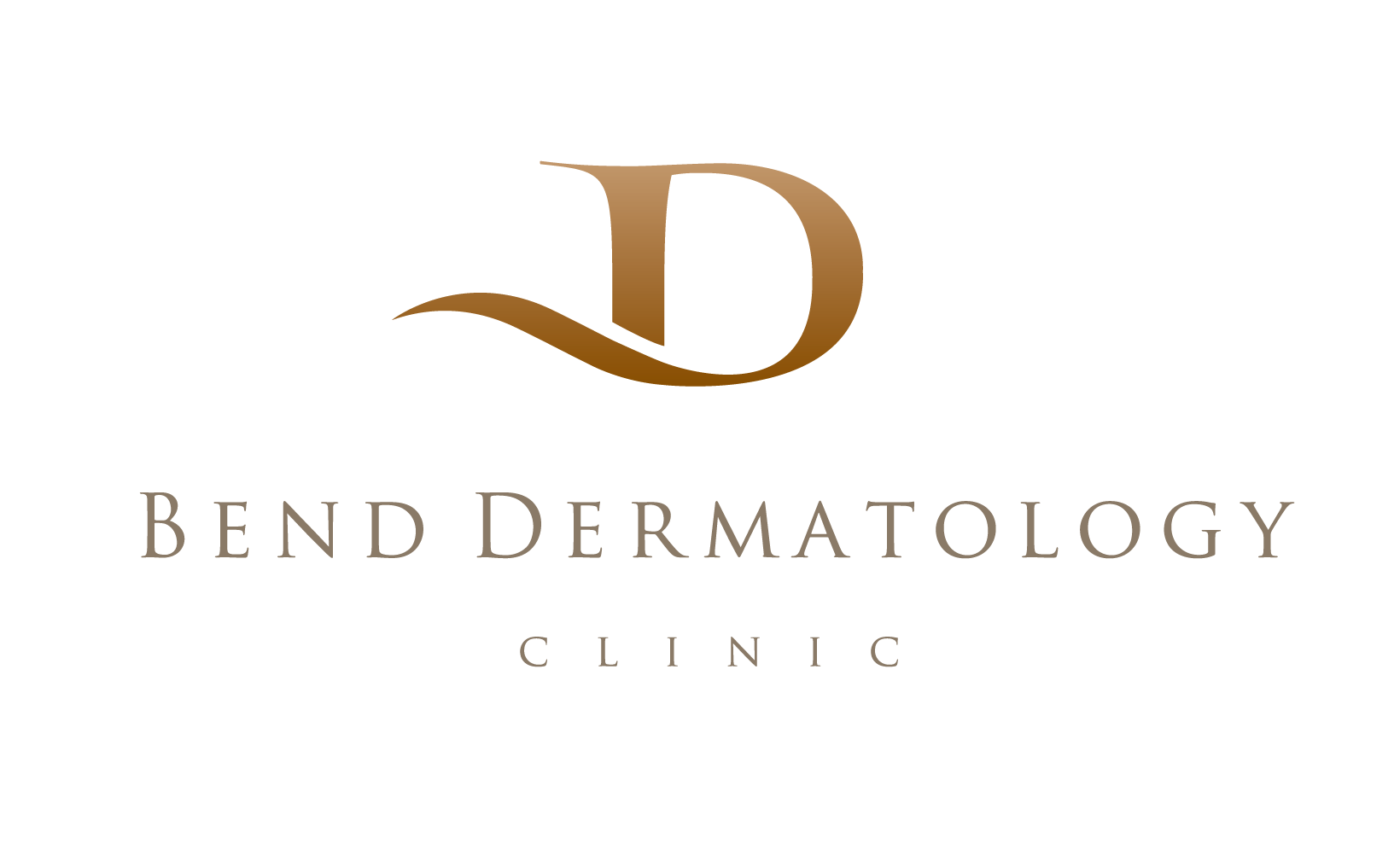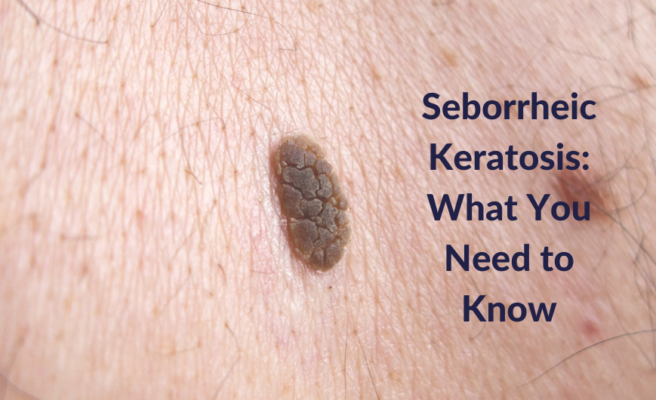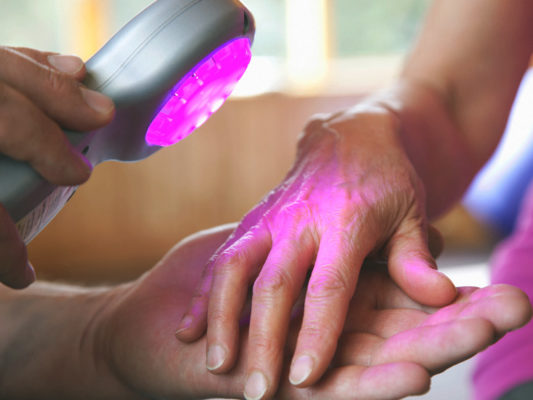Eczema and dermatitis are used interchangeably to describe several varieties of inflamed, irritated skin. Acute dermatitis usually appears as a red rash that may be blistered or swollen. When dermatitis becomes chronic, the skin may become thickened, rough, and darker than the surrounding skin due to prolonged scratching.
Types of Eczema
Eczema is a term for the inflammation of the skin, but it appears in a variety of forms. These forms differ in some of their specific symptoms, where they normally appear, and what triggers their reaction. The National Eczema Association lays out these various types of eczema:
Atopic dermatitis
- Symptoms: dry and scaly skin, redness, itching, rashes
- Where It Appears: cracks behind ears, rash on cheeks, arms, and legs
- Triggers: exact triggers are debated, but likely related to allergens (I think we need to talk about the hereditary aspect here not necessarily allergens ST )
Contact dermatitis
- Symptoms: redness, rashes, burning, and itching
- Where It Appears: typically on the hands (areas that touch an irritant)
- Triggers: skin irritants such as wool, bleach, detergents, alcohols, acidic food, and allergens
Dyshidrotic eczema
- Symptoms: flaky, scaly skin, redness, itching, and small fluid-filled blisters
- Where It Appears: typically on edges of hands and feet
- Triggers: stress allergies, moist hands/feet, and certain metals (such as cobalt)
Nummular eczema
- Symptoms: coin-shaped itchy spots and dry, scaly skin
- Where It Appears: typically on arms and legs, but can spread to the body
- Triggers: exact triggers unknown, but may include insect bites, a reaction to skin inflammation, or dry skin
Seborrheic dermatitis
- Symptoms: redness, oily skin, and white and yellowish flaking
- Where It Appears: where the most oil-producing glands are – usually the scalp and face, but sometimes on the chest and back
- Triggers: exact cause unknown, but seemingly connected to hormones and genetics
Stasis dermatitis
- Symptoms: swelling, redness, scaling, itching, and pain
- Where It Appears: affects the legs, and specifically the ankles
- Triggers: something obstructing the flow of blood to the legs such as varicose veins
Eczema Treatment
The affected area is typically treated using topical corticosteroids, topical immunomodulators, antibiotics (if an infection is suspected), or oral antihistamines. These treatments may be administered alone or in combination with one another. In addition to creams and medications, treatments may include light therapy, stress counseling, and wet dressings. Bend Dermatology has Central Oregon locations to assist with eczema treatment.You can also book an appointment to discuss eczema treatment with a Bend Dermatology Provider today.











